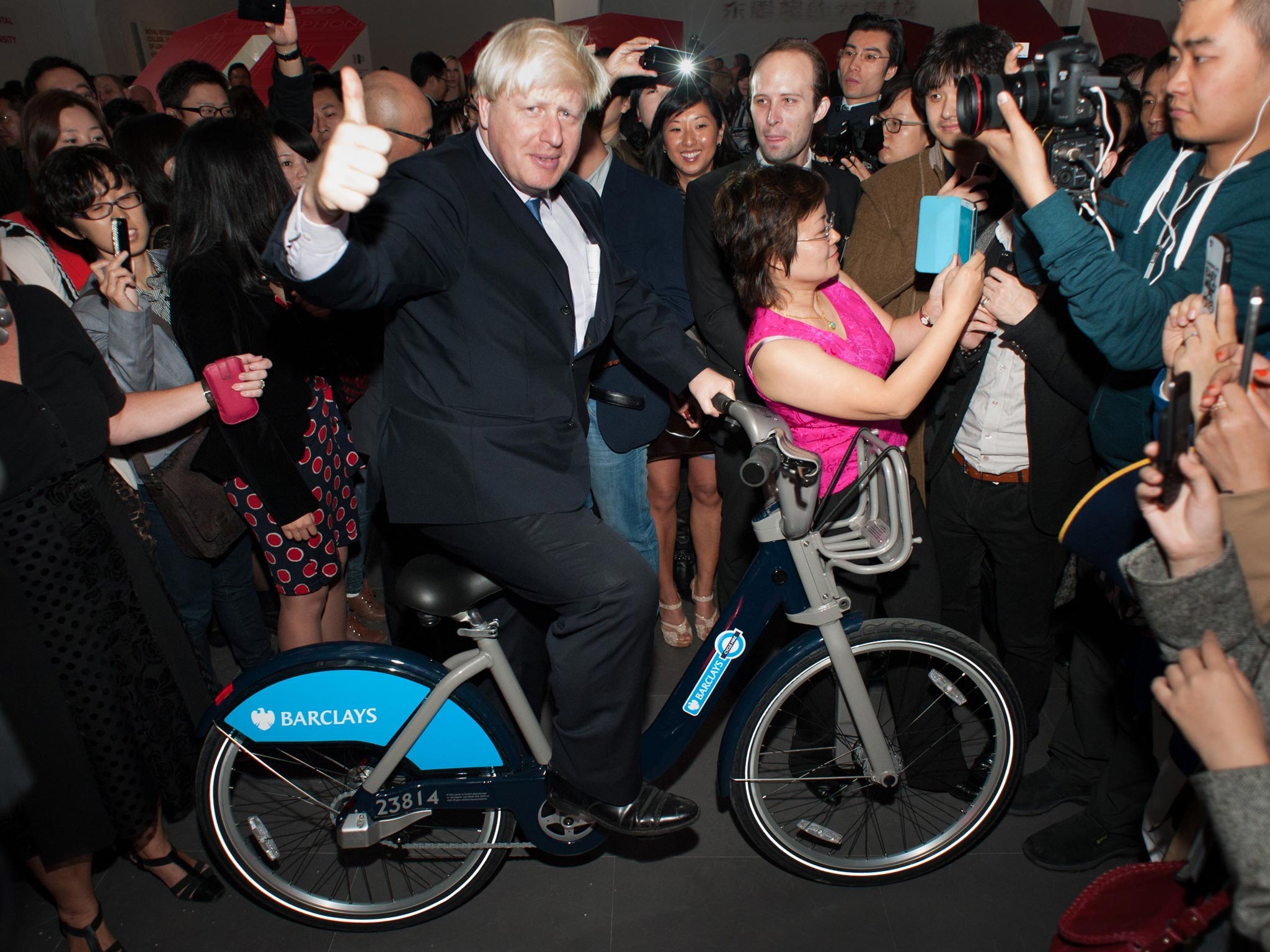Does British public opinion really support net-zero carbon by 2050?
Research by a Conservative think tank sheds new light on the credibility of the mid-century target for climate action, writes John Rentoul


A majority of the British people say they support the target, set by Theresa May before she left office last year, of achieving net-zero carbon emissions for the UK by 2050. However, research by Opinium for Bright Blue, a Conservative think tank, finds that 58 per cent of the public believe that it is unlikely that the target will be achieved.
While the research finds that people think the public, companies and above all government have a responsibility to help deliver net zero, they tend to know little about low-carbon home heating systems and are worried about the costs.
Some of the report’s findings are unsurprising. Younger people and those with higher levels of education are more likely to support the behaviour changes needed to achieve net zero. And people are more likely to support switching to green energy if it is suggested that someone else is paying for it through subsidies than if they have to pay for it themselves through higher prices.
Other findings are more useful for helping to design effective net-zero policies. People tend to prefer the use of financial incentives to encourage behaviour changes rather than laws to discourage or punish higher carbon use. Most renewable energy sources are popular, with some support for less well-known technologies such as biomass and biogas, and even for unproven technology such as hydrogen. Nuclear energy, though, remains a divisive subject, with 33 per cent wanting more of it and 25 per cent wanting less.
One of the biggest changes needed to achieve net zero is the decarbonisation of home heating and cooking, and the survey found some interest in heat pumps (44 per cent) and hydrogen boilers (35 per cent), but that many questions about these alternatives produced no response. “The UK public is unfamiliar with low-carbon heating systems,” the study concludes.
These findings provide an important backdrop to the competition between the political parties to promise ever-earlier deadlines for achieving net zero for the whole of the British economy, or for parts of it. At last year’s election, Labour outflanked the Conservatives by promising net zero “in the 2030s”; and last month the opposition urged the government to achieve net zero in transport by 2030 – less than a decade away now – rather than by 2035 as Boris Johnson has promised.
In fact the UK has made substantial progress towards lower carbon in the past decade, partly by switching from coal to gas, but partly because the cost of wind and solar power has come down faster than expected. Even so, there was a period under the coalition government when higher domestic energy bills met consumer resistance, and David Cameron was forced to do something to try to get rid of what he called the “green crap” that was pushing up energy costs.
That is likely to happen again when the cost and disruption of converting the entire nation’s home energy systems starts to hit home.
Britain appears to have two sharply different views of the future. One is that the public will not put up with the cost of getting too far ahead of the rest of the world, and that support for net zero will drop hugely when hard and expensive choices have to be made.
The other is that technological innovation and the pressure of “green capitalism” will force fossil fuels off the market. The idea is that renewable energy will continue to become cheaper, as the technology for producing it at large scale improves, and that companies with a view to survival will diversify away from petroleum, knowing that governments all over the world are going to make it harder for them.
I’d like that to be true, but I think it’s too optimistic.



Join our commenting forum
Join thought-provoking conversations, follow other Independent readers and see their replies
Comments